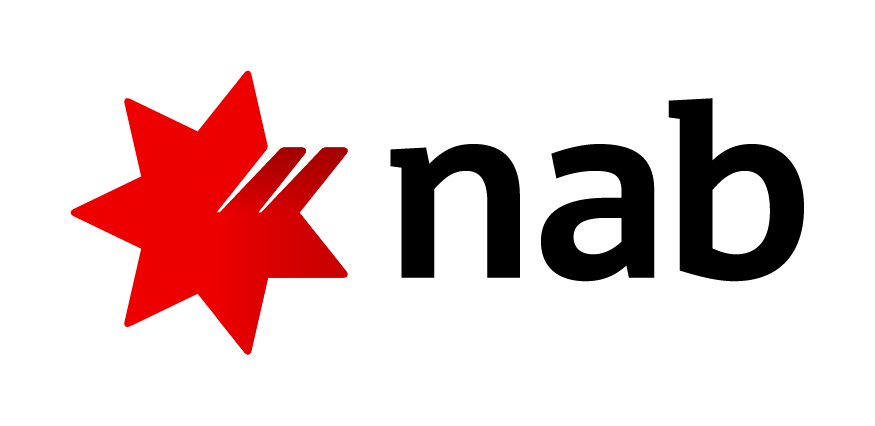Tchuch Ajak
Thuch Ajak is founder of United African Farm, an initiative that brings members of the African community living in Victoria together to grow culturally appropriate crops, share their culture, and bridge the intergenerational and cultural gaps.
Thuch holds a Bachelor of Science (Hons) in Agriculture majoring in crop protection.
Thuch currently works at Asylum Seekers Resource Centre as Refugee Resource Hub manager. He also volunteers in the community in various capacities including Board Member at Living and Learning Pakenham Inc, radio broadcaster at Casey Community radio 97.7FM and community leader in the South Sudanese community.
Thuch is also co- chair of the Multicultural emergency Management Partnership.
Andrew Crisp
Andrew Crisp APM is Victoria’s Emergency Management Commissioner. The Emergency Management Commissioner has responsibility for coordination before, during and after major emergencies, including the management of consequences of an emergency.
During his career, which includes experience in senior emergency management and policing leadership positions, Andrew has developed a passion for community safety across metropolitan and regional Victoria and while working overseas in Papua New Guinea and Timor-Leste.
He has been involved in responses to a number of major incidents, such as the Ash Wednesday Bushfires, the 2009 Victorian Bushfires, Christchurch earthquake, Queensland floods, 2017 Bourke Street Tragedy and the 2019/20 Black Summer bush fires.
Andrew works closely with emergency management organisations, agencies, government departments, and communities with a focus on building and maintaining strong relationships and capability across the broader emergency services sector.
Advocating for people and communities will always be a priority for Andrew. He believes everyone has valued perspectives and a positive contribution to make. He is committed to listening and learning so our emergency services sector and communities can work together to stay safe.
Sam Atukorala
Sam Atukorala currently works for the Ethnic Council of Shepparton and District Inc. as the Strategic Engagement Coordinator for Goulburn Region.
Sam has earned a reputation as a respected community leader who is making a real impact in the community as a keen volunteer, an ambassador for intercultural community harmony and an exceptional member of the Goulburn Valley community.
The impact of Sam’s vision and leadership is far reaching - not only individuals but also by actively helping to break down barriers and providing greater opportunity for new arrivals to connect with and contribute to the community.
His volunteer roles in community span sport, education, employment, finance, health, leadership and governance.
Sam is a member of the Rural and Regional Advisory Committee Federation of Ethnic Communities' Councils of Australia (FECCA) and the Victorian Multicultural Commission’s Regional Advisory Council (Hume Region) and a Board Member of the Goulburn Murray Community Leadership.
Sam has been awarded number of national, state and regional awards for his valuable contribution, including Inductee of the Inaugural Victorian Multicultural Honour Roll 2022, Greater Shepparton Citizen of the Year 2019, Cricket Australia’s Community Ambassador of the Year 2018 and Victorian Premier’s Volunteer Champions Award 2017 (Service Category).
Selba-Gondoza Luka
Selba-Gondoza Luka is a Malawian born Mental Health Clinician who specialises in culturally appropriate support that targets African and other culturally and linguistically diverse groups.
Selba-Gondoza is Founder and CEO of Afri-Aus Care Inc, a not-for-profit organisation that provides culturally appropriate support services to at-risk African Australian youth, their families, and the culturally and linguistically diverse community at large. Her work at Afri-Aus Care has seen her become a grassroots community leader and impassioned advocate for preventing and ending family violence and implementing the NDIS within the African Australian community. She has been an innovator of positive crime prevention strategies that promote social cohesion by emphasising connections between community members and stakeholders.
Selba-Gondoza is a Charter Member of the Rotary Passport Club of Melbourne and has served as the Deputy Convenor for Police Victoria’s African Australian Community Taskforce. She also holds positions on the University of Melbourne’s AREiA Advisory Board and VOICE Member at Burnet Institute, the Department of Health’s CALD Advisory Group, the Department of Families, Fairness, and Housing’s Volunteer Strategy Committee, and the Victorian Multicultural Commission’s Regional Advisory Committee. Selba-Gondoza is the recipient of a range of awards including the 2021 Citizen of the year by the City of Greater Dandenong.
Veema Mooniapah
Veema Mooniapah is a passionate professional who dedicates her life to social impact, especially for those made vulnerable through circumstances beyond their control.
Veema holds tertiary qualifications from the Universities in the UK, Australia and Mauritius. She is experienced in leading evidence-based policy and action plan development and implementation using a whole of organisation and multi-agency approach, both overseas and in Australia. She also has expertise in diversity, equity and inclusion in local government; policing and emergency/disaster management; workforce planning using human-centred design and systems thinking; and drug and alcohol detox/mental health support work.
Veema currently works as Program Manager at WorkSafe Victoria. Her role is to ensure WorkSafe thinks, plans and delivers inclusively using a culturally intelligent and intersectional lens, ensuring the voice of the communities are reflected on issues that matter to them, including workplace health and safety.
Veema volunteers her free time to agencies as Board Director and currently as Member of the Multicultural Emergency Management Partnership.
Jiembra Shiels
Jiembra Sheils is the Acting CEO of the Ethnic Communities Council of Victoria. Jiembra is a Certified Practicing Accountant with degrees in Business and Psychology which combine her passion for numbers with her interest in human behaviour. She has worked across a number of sectors including Telecommunications, Manufacturing, Health and Consultancy before joining the Not for Profit Sector and brings the skills and knowledge gained in those industries to her work. As a passionate advocate for social justice, Jiembra has many years of experience volunteering and working in not for profit organisations in strategic, operational and financial management, including with the Multicultural Centre for Women’s Health, Oxfam and CERES environmental park.









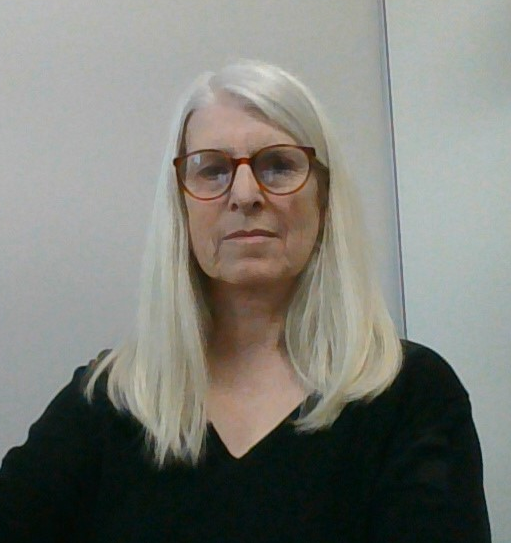 Jiembra Shiels
Jiembra Shiels 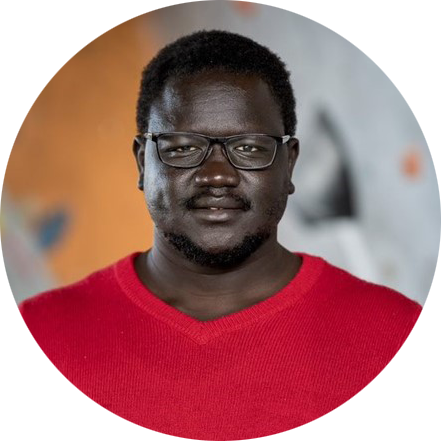
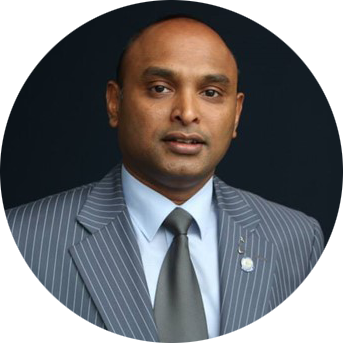
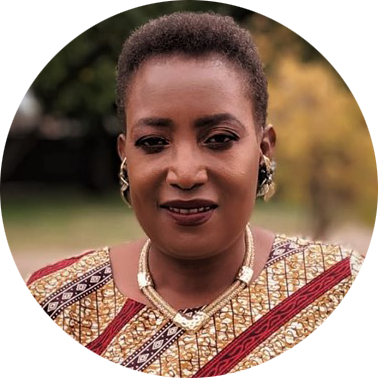

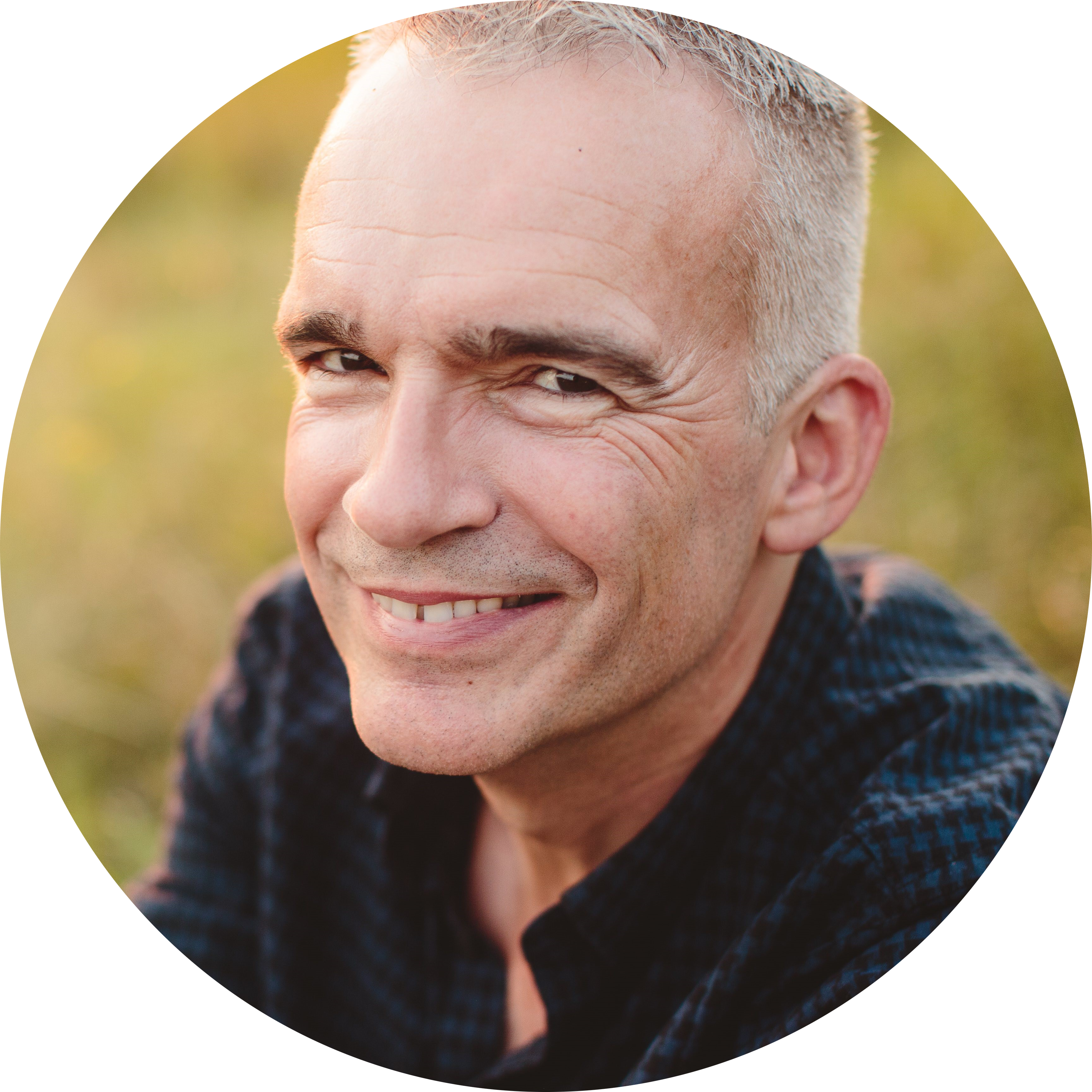 Professor David Sanderson
Professor David Sanderson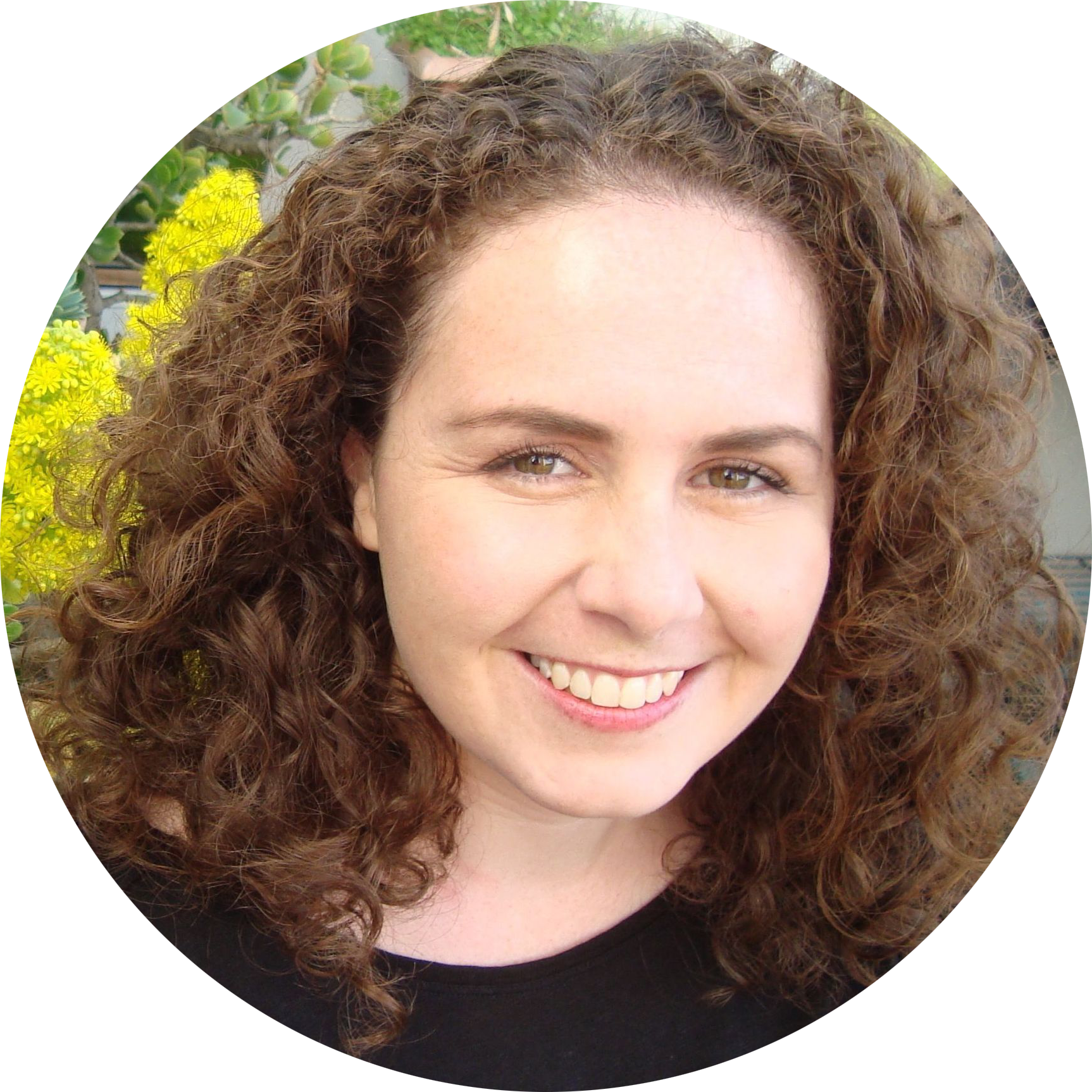 Dr Kate Brady
Dr Kate Brady A/Prof Valerie Ingham
A/Prof Valerie Ingham Dr Claire Leppold
Dr Claire Leppold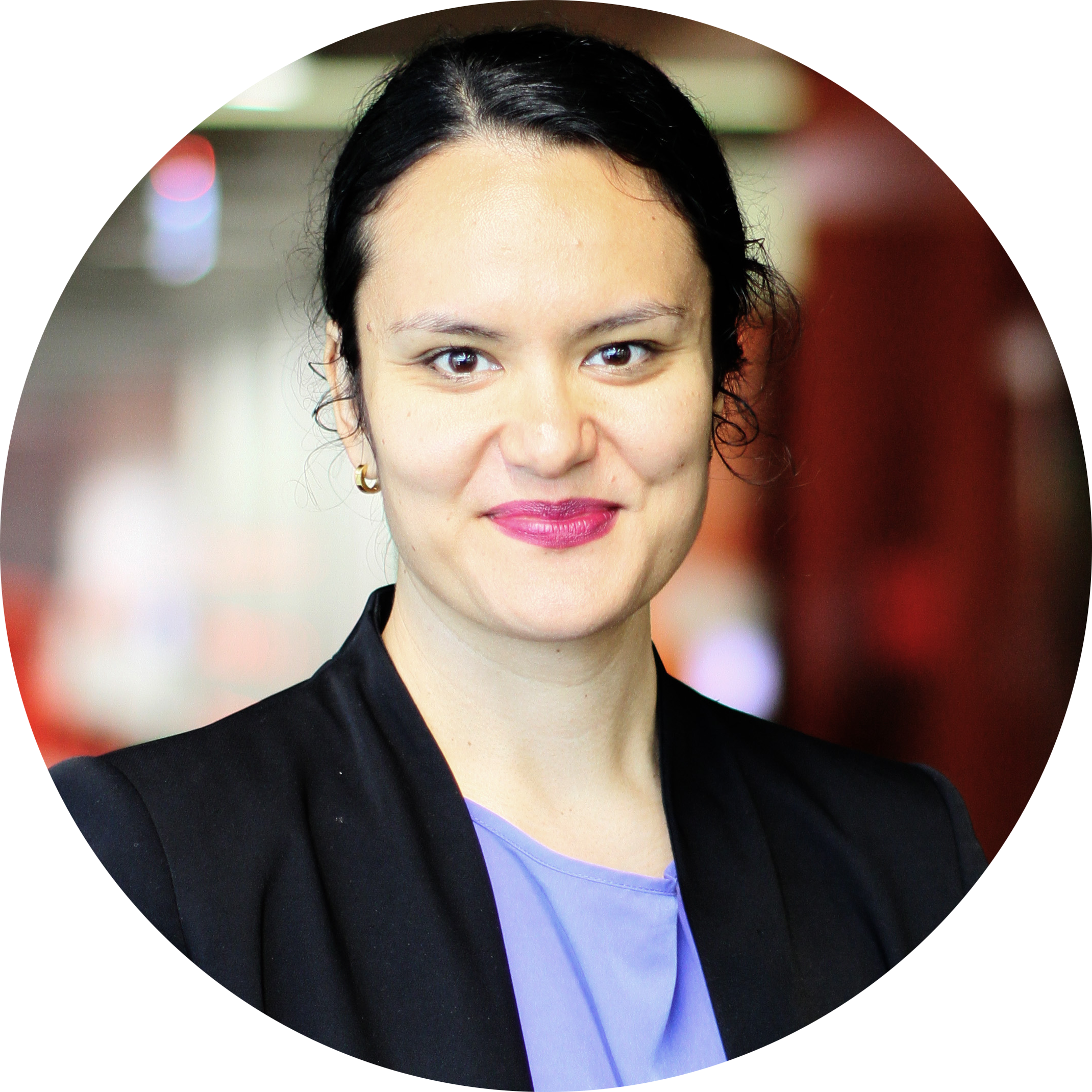
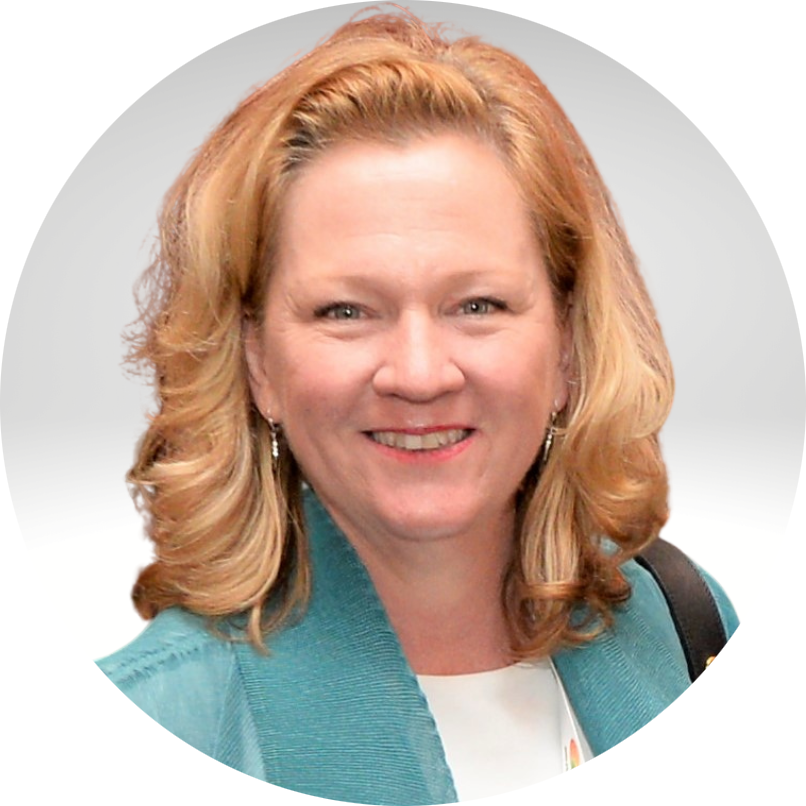 Liz Mackinlay
Liz Mackinlay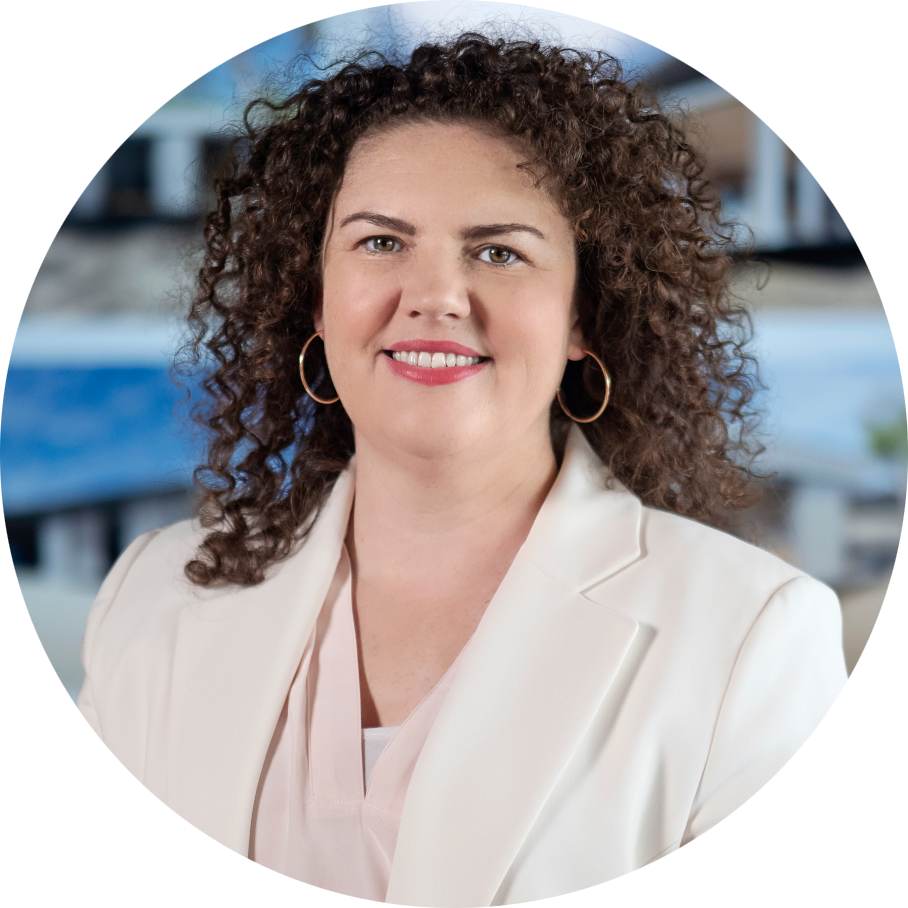

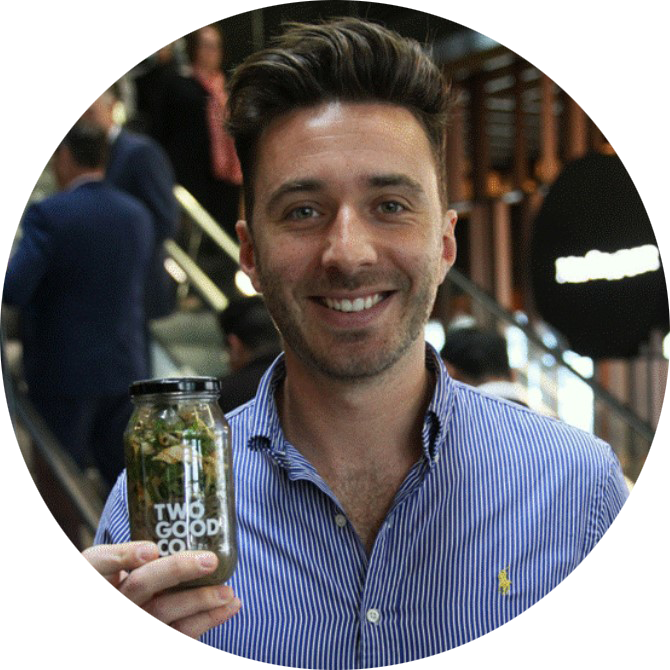 Jack Pollock
Jack Pollock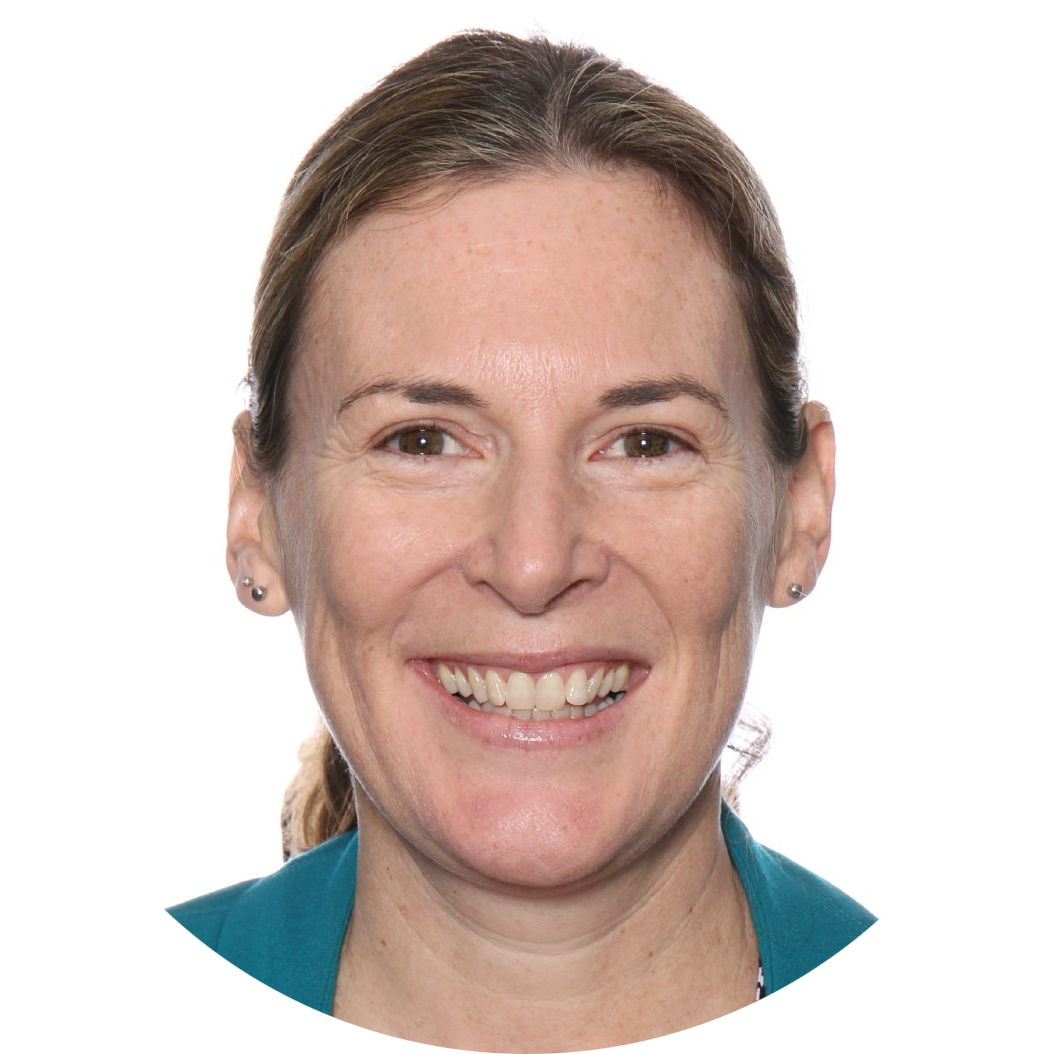 Lee McDougall
Lee McDougall 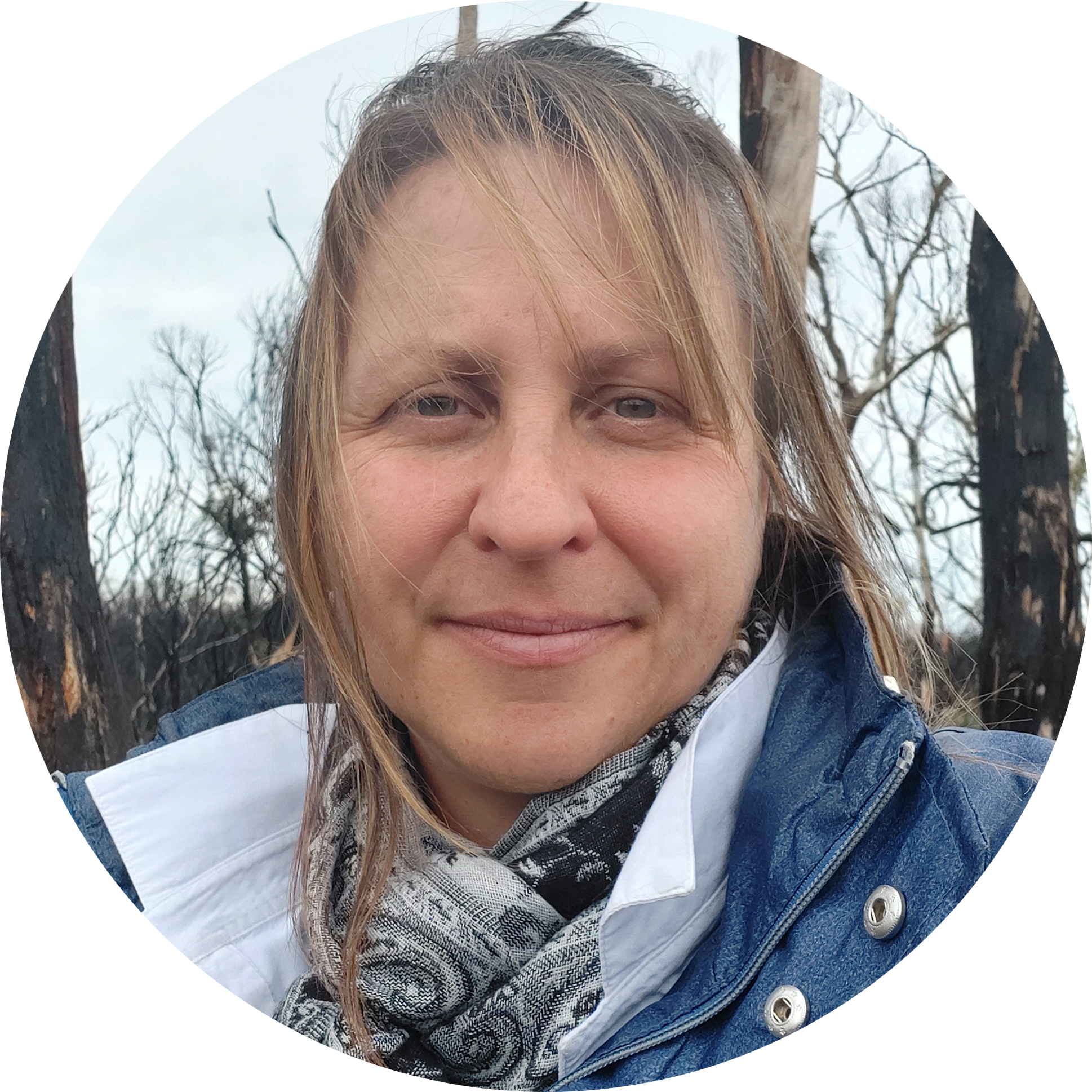 Dr Margi Prideaux
Dr Margi Prideaux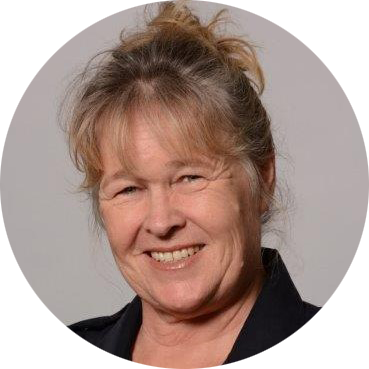 Peta O'Donohue
Peta O'Donohue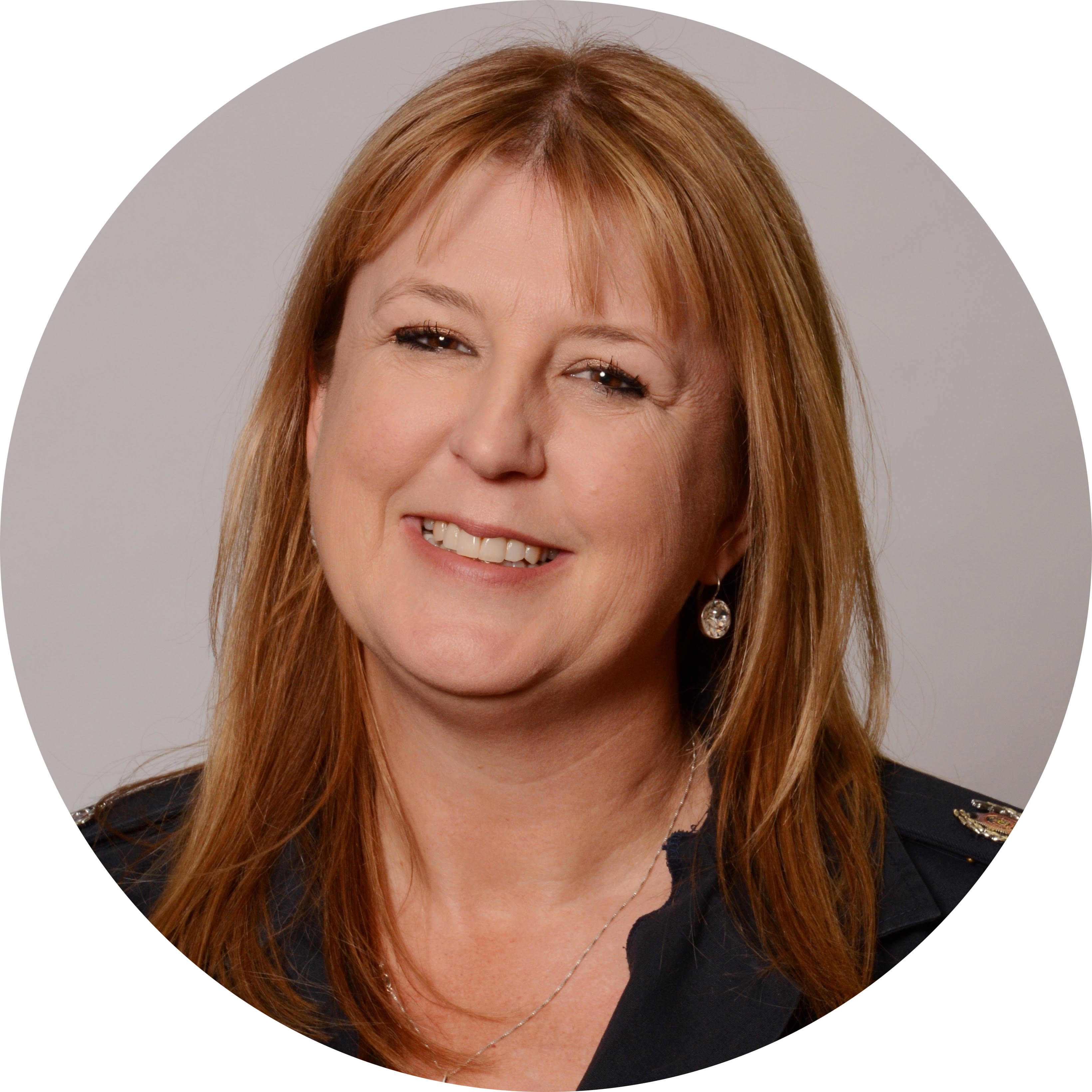 Fiona Dunstan
Fiona Dunstan 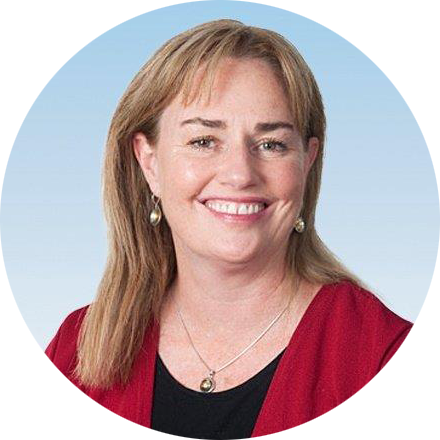 Jennifer McDonnell
Jennifer McDonnell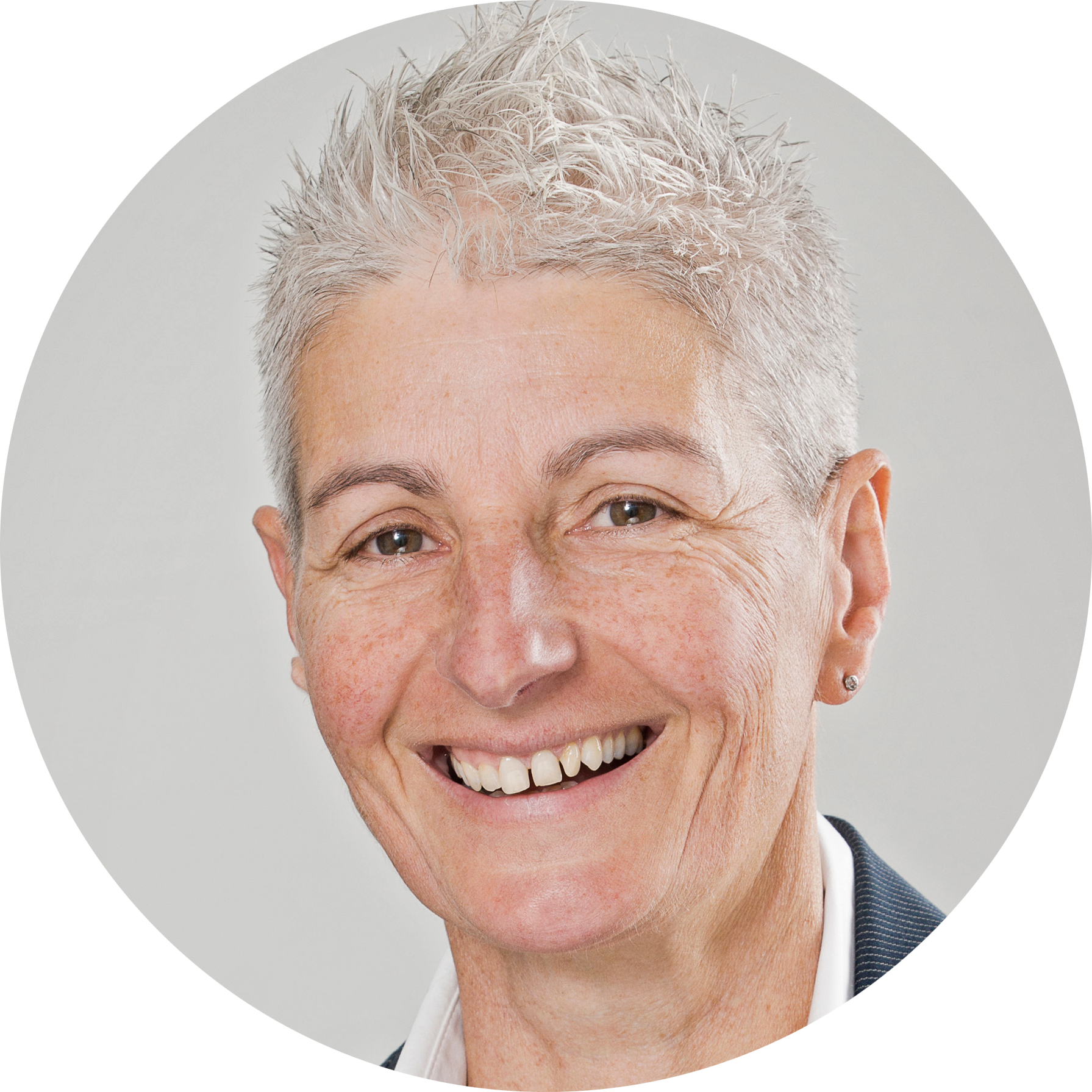
 Kevin Hazell
Kevin Hazell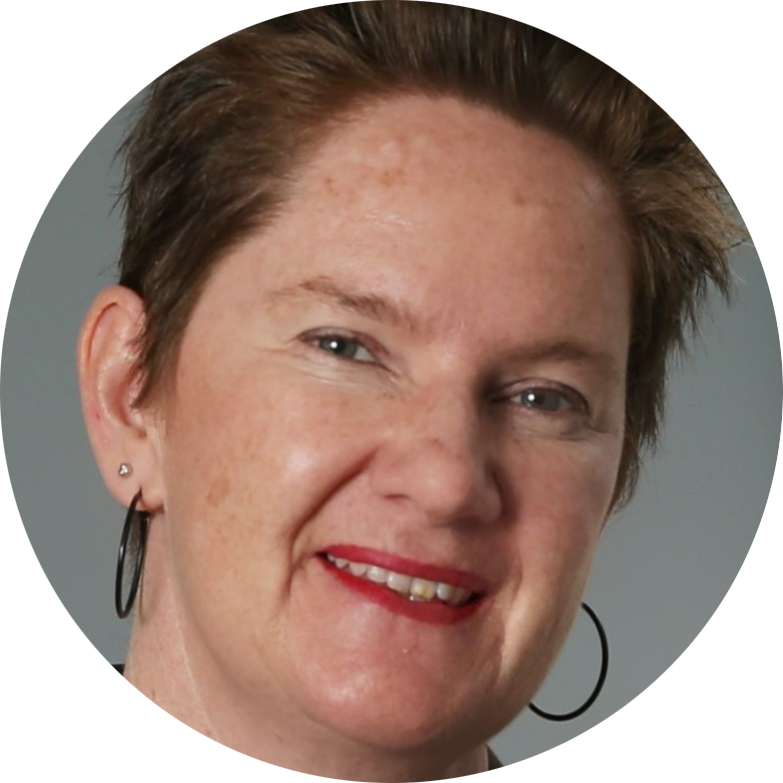 Felicity Greenway
Felicity Greenway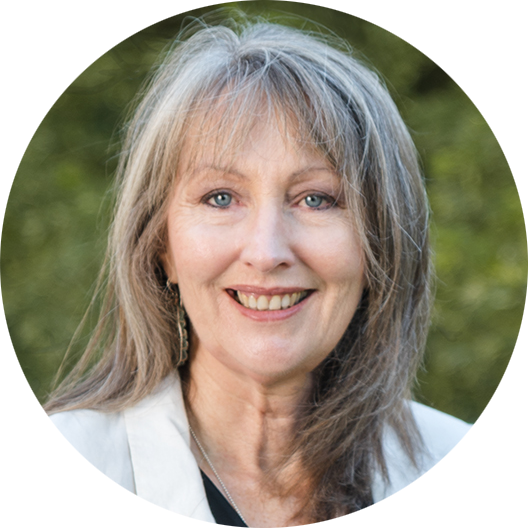 Deb Parkinson
Deb Parkinson Robert Muller
Robert Muller 
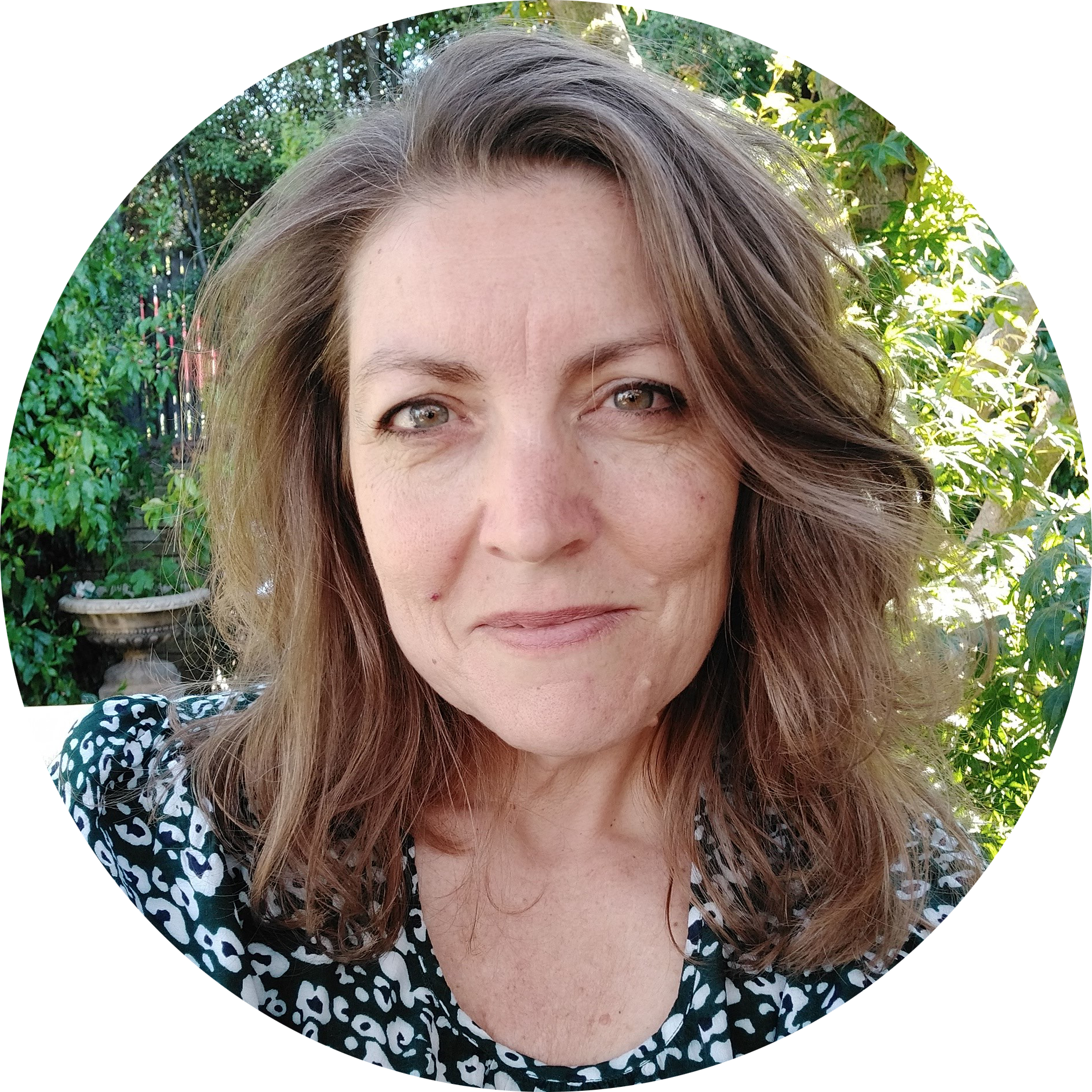 Jacqui Cristiano
Jacqui Cristiano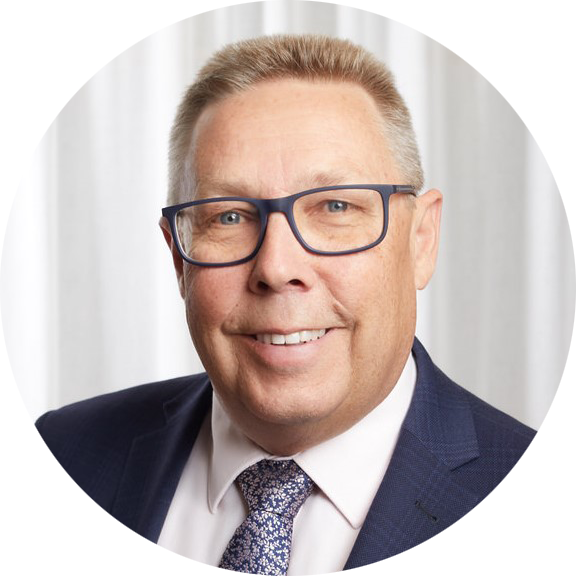 Iain Mackenzie
Iain Mackenzie  Ben Rogers (Chair)
Ben Rogers (Chair)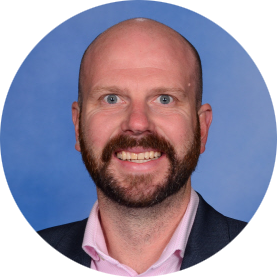 Jess Moroney
Jess Moroney 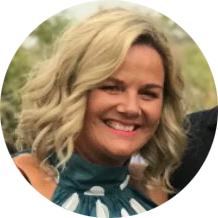 Louise Taheny
Louise Taheny  Nik Edwards
Nik Edwards 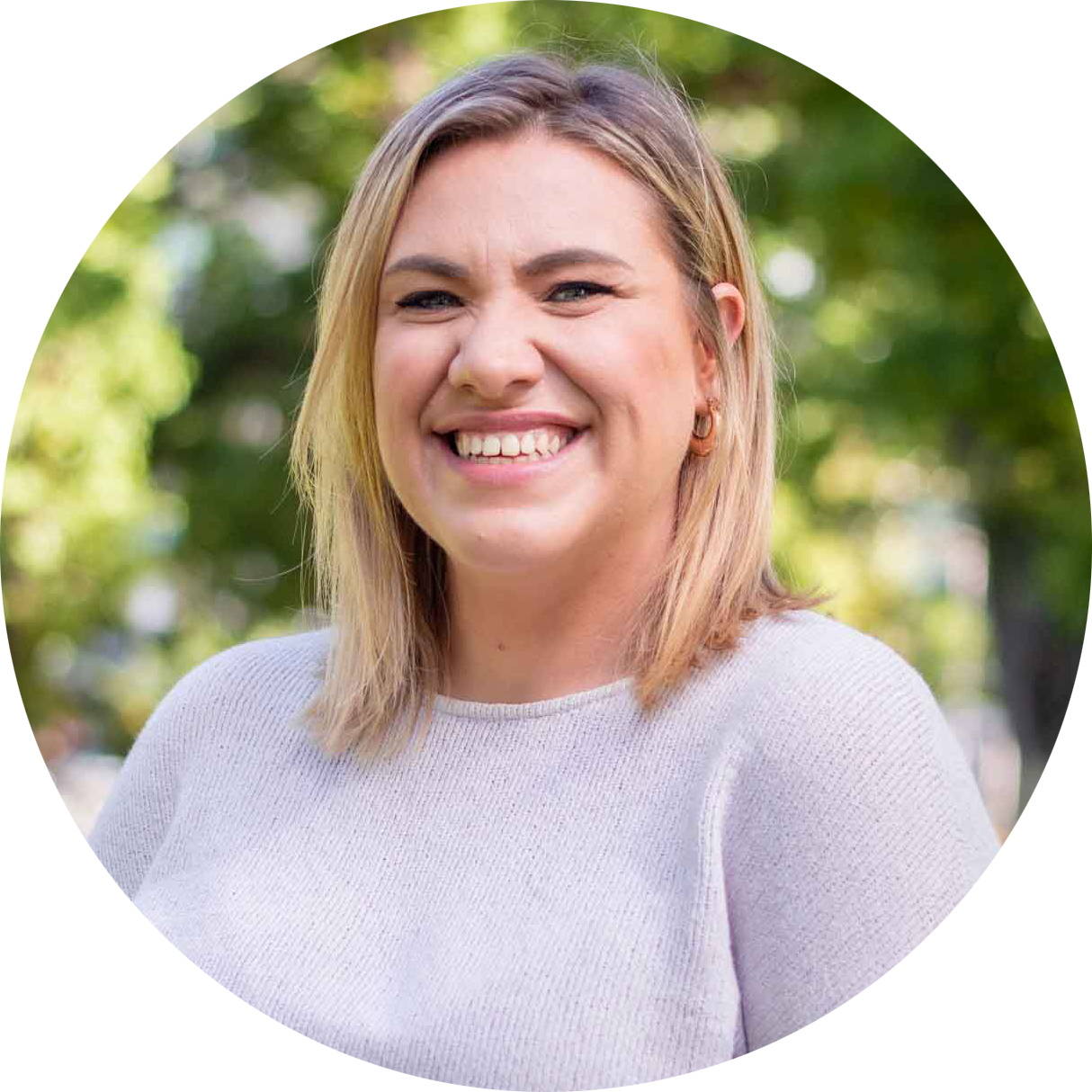 Carla Hall
Carla Hall  Quinn Obran
Quinn Obran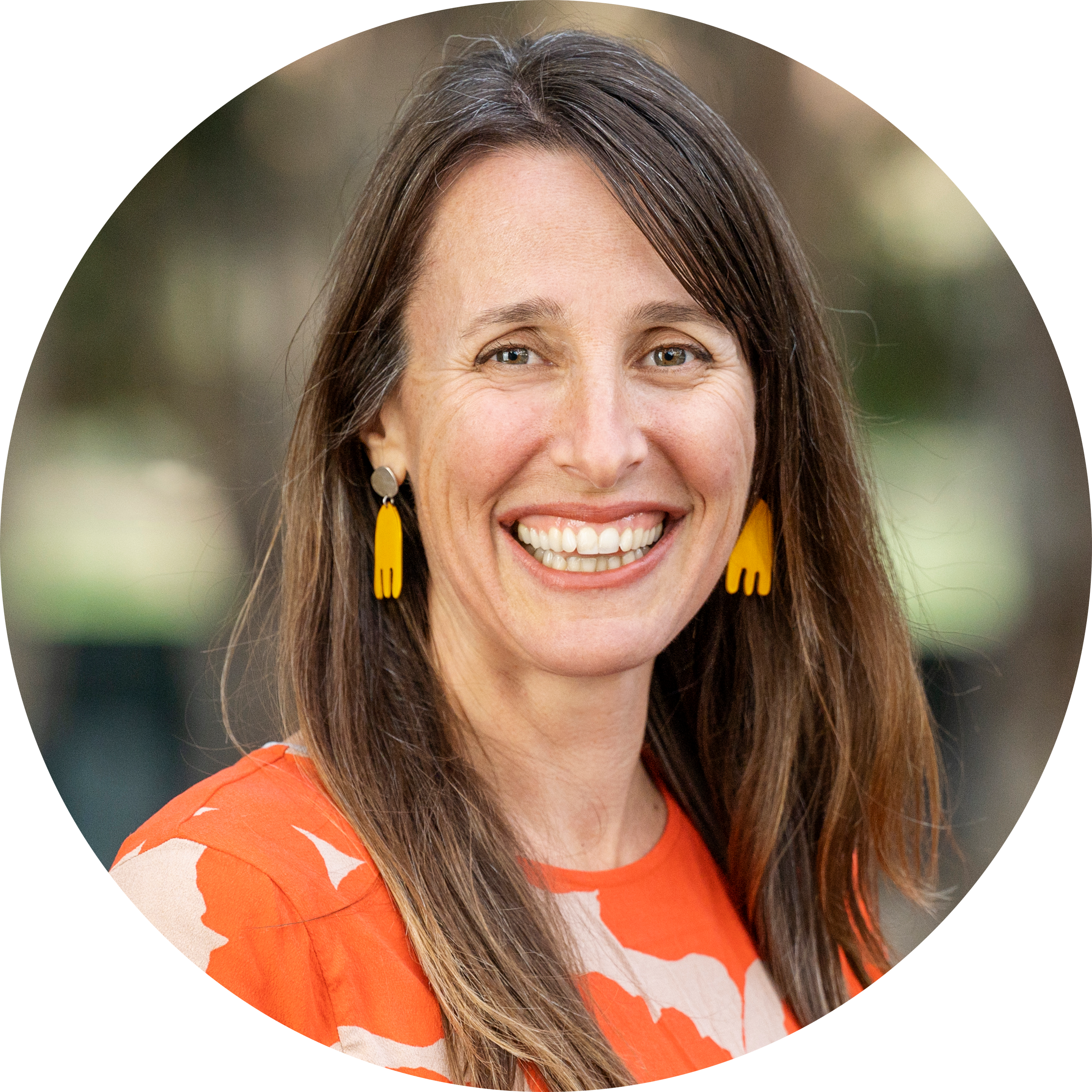 Nina Keath
Nina Keath 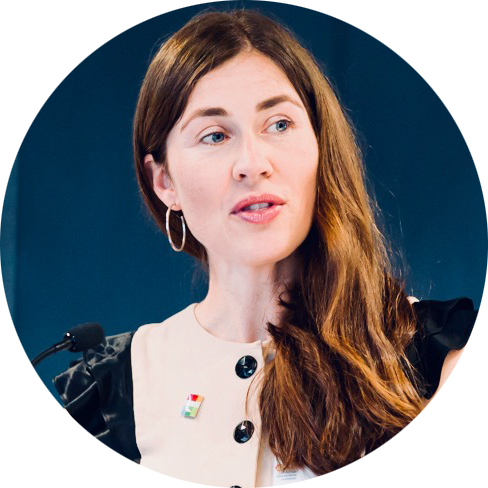 Beth Eggleston
Beth Eggleston 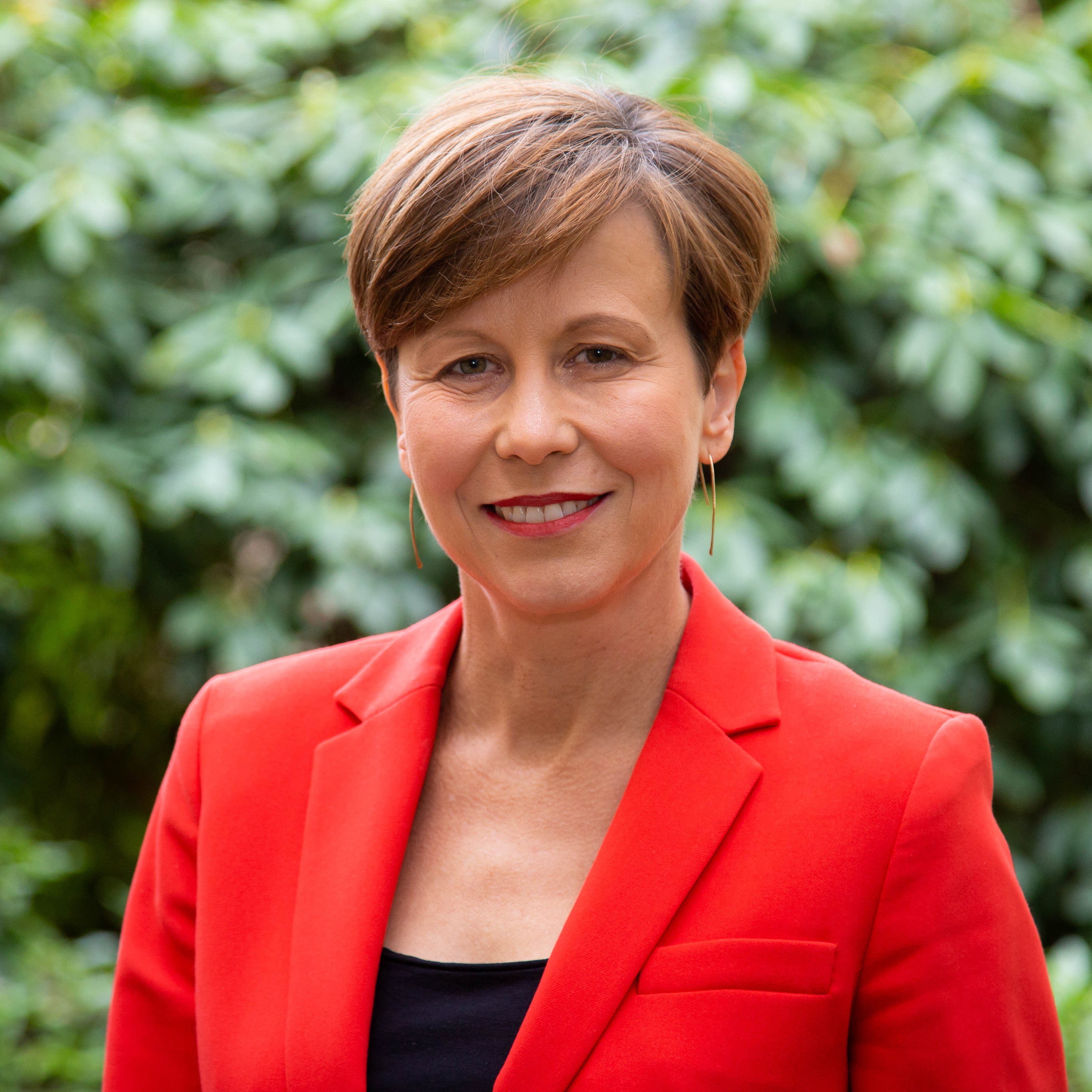 Senator the Hon Jenny McAllister
Senator the Hon Jenny McAllister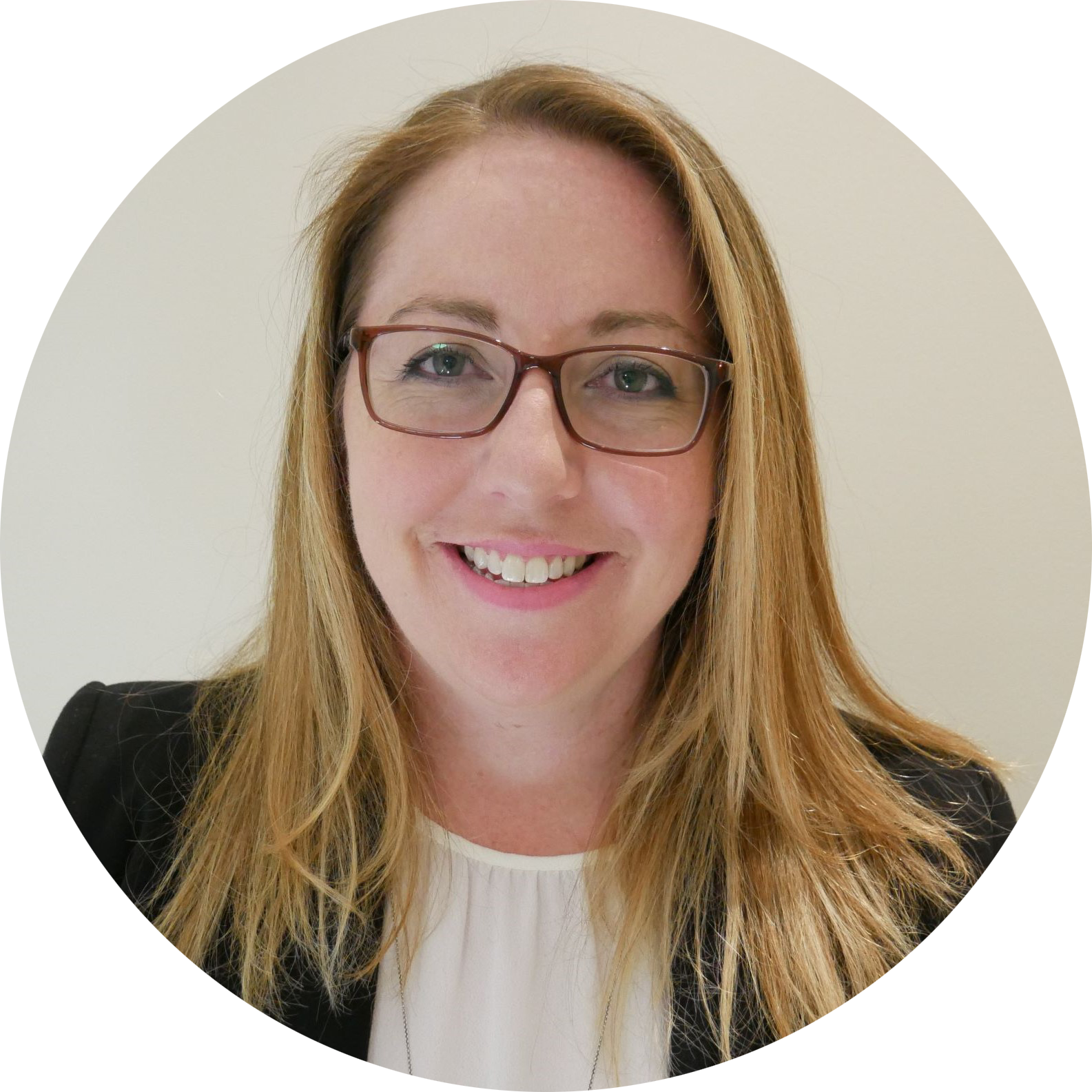 Jennifer Cobley
Jennifer Cobley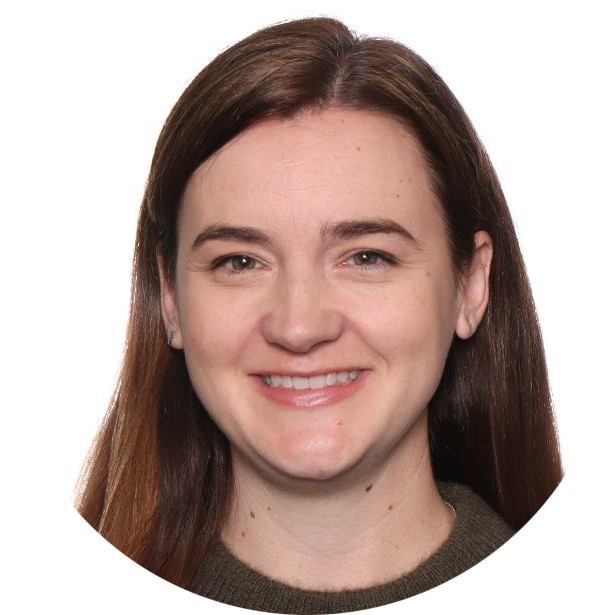 Georgia Whitbread
Georgia Whitbread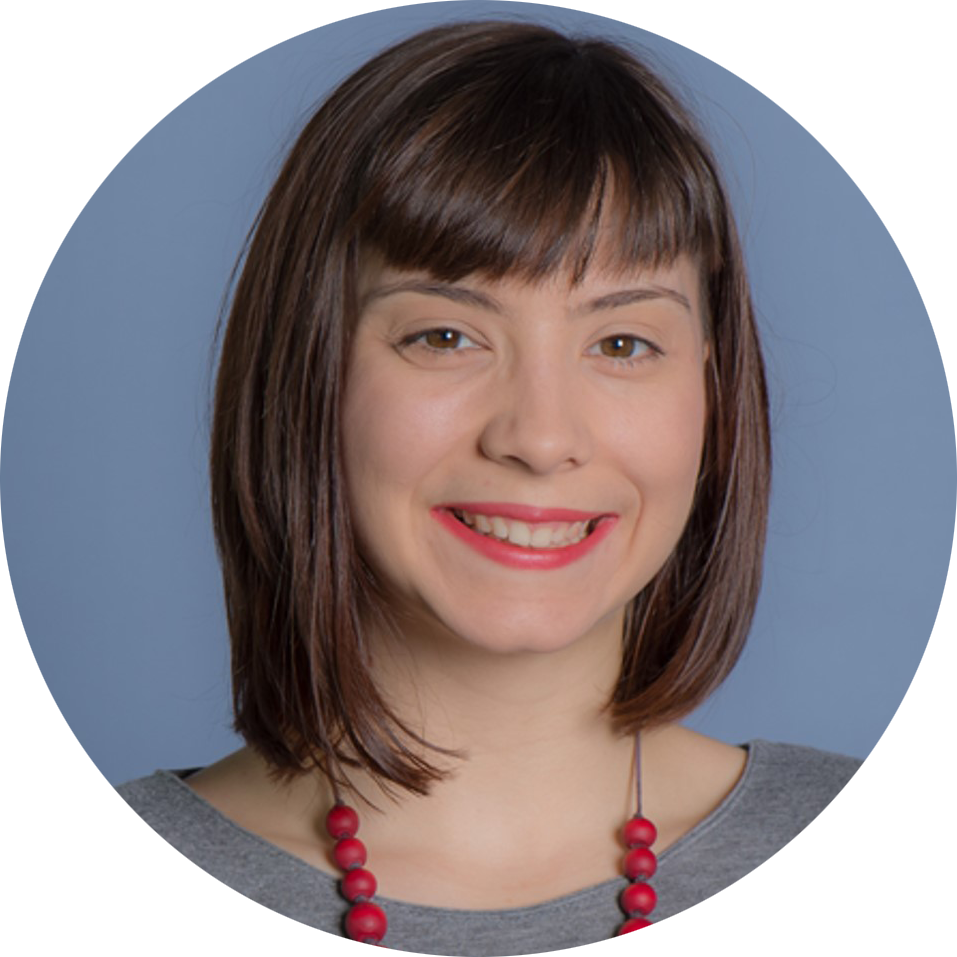 Danielle Teychenne
Danielle Teychenne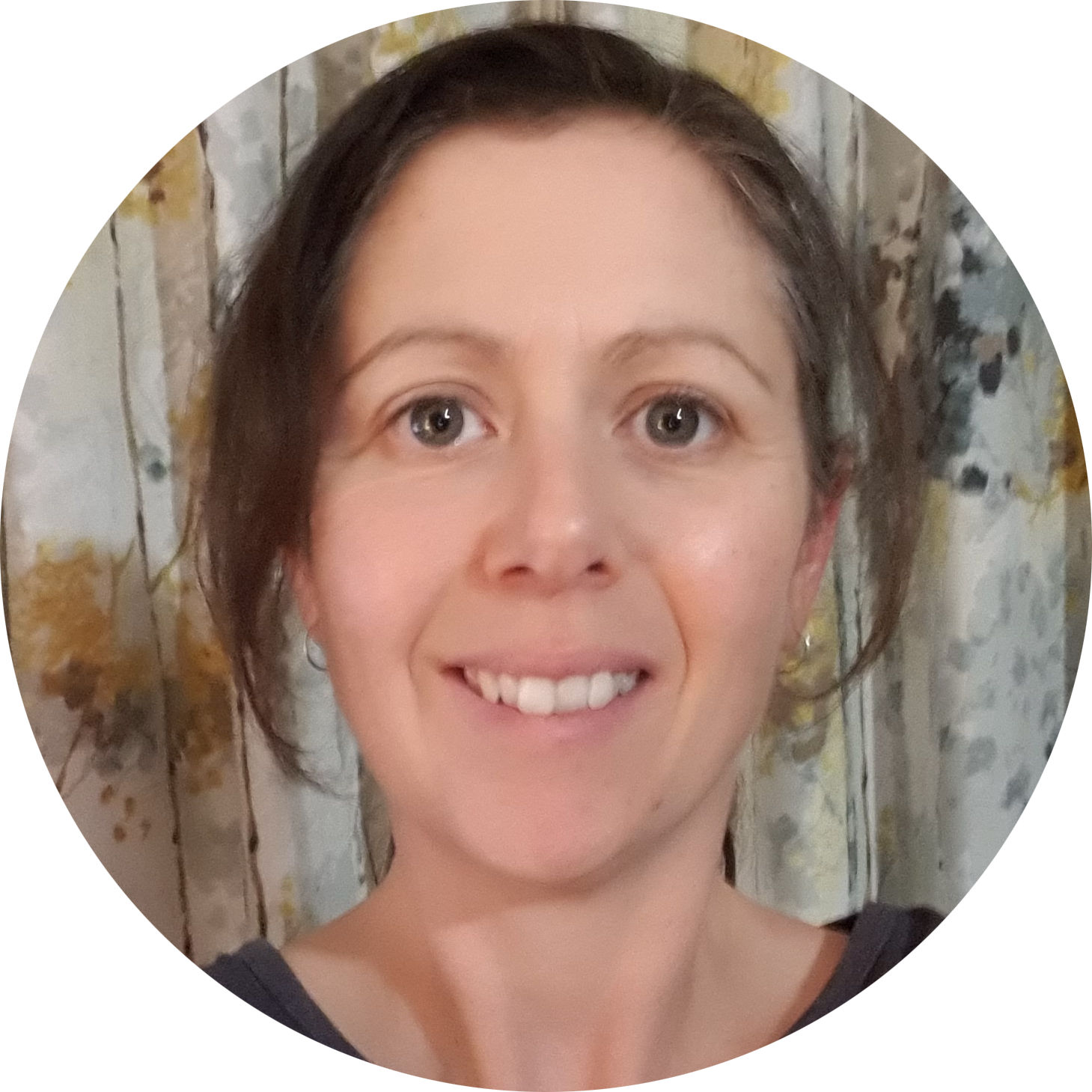 Angela Cook
Angela Cook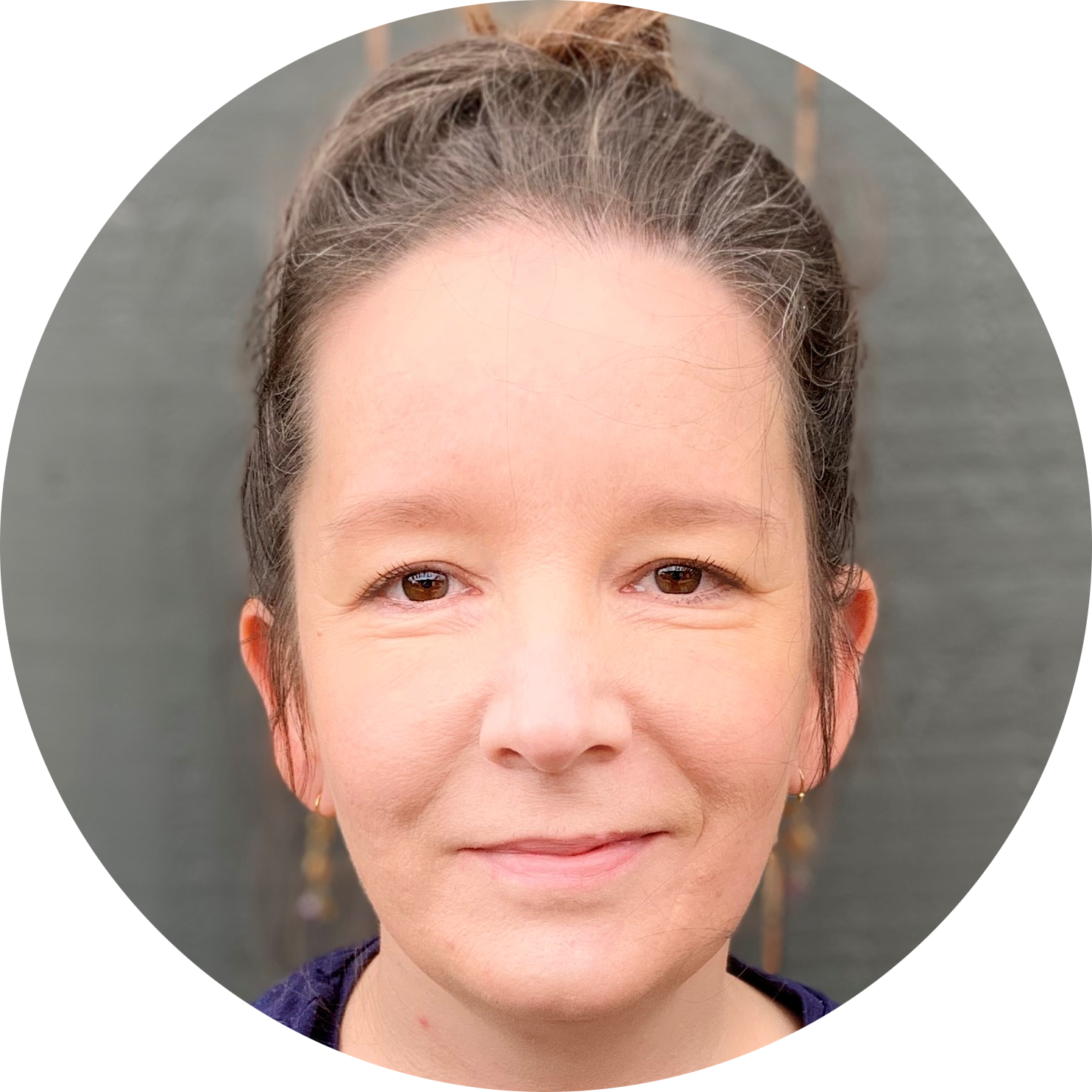 Kelly Stoner
Kelly Stoner Professor Stephen Dovers
Professor Stephen Dovers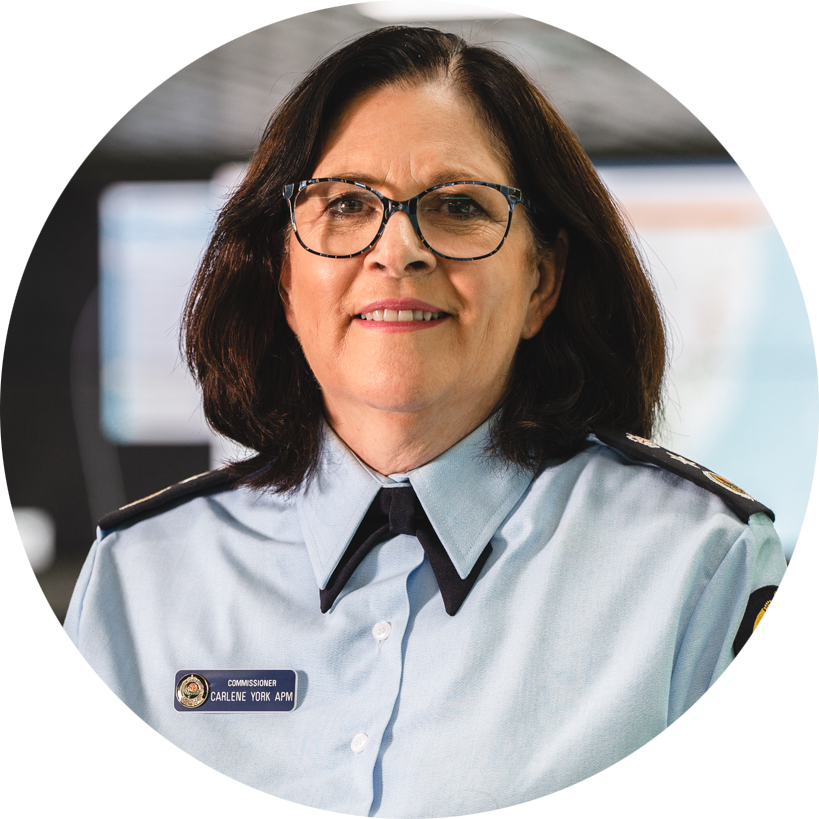 Carlene York
Carlene York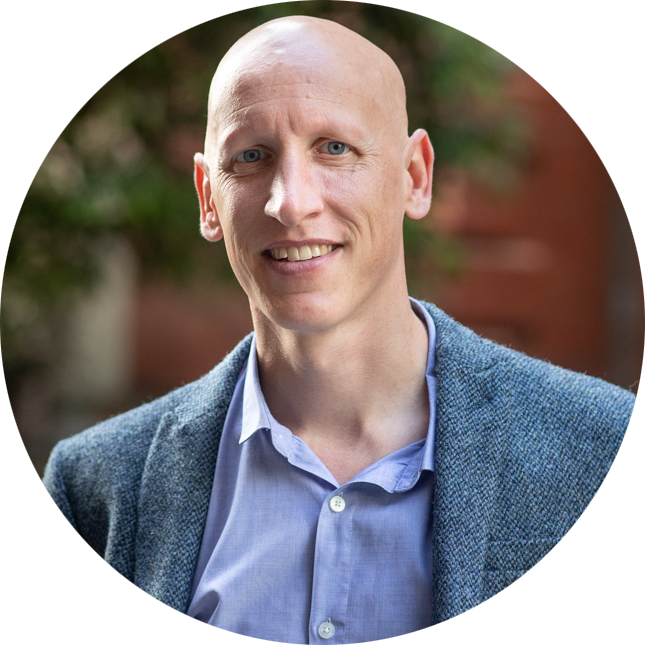 Martijn Gough
Martijn Gough